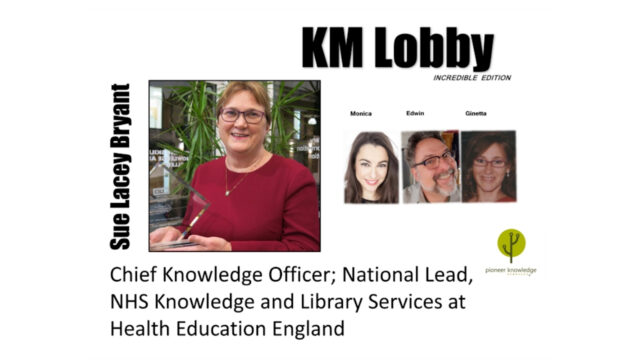
How culture influences whether knowledge leaks or not
Originally posted on The Horizons Tracker.
Organizations typically want knowledge to flow between employees, thinking that doing so helps to facilitate both collaboration and innovation. They’re generally less keen, however, on knowledge flowing outside of the organization, for fear that it will benefit rivals and erode competitive advantages.
Research1 from Bocconi University suggests that we’re much more likely to share knowledge internally when we feel that we’re an integral part of the organization. By contrast, we’re more likely to leak information and knowledge externally to a rival firm when we work for an organization that has a more competitive culture.
“We know a lot about how firms can align the behavior of employees to the goals of the organization through formal contracts, as non-disclosure agreements, or financial incentives. In this paper, we look at how firms can reach similar objectives by acting upon an individual’s intrinsic motivation to act in the best interest of their organization,” the researchers explain.
Knowledge flows
The idea for the research came after looking at how the European Organization for Nuclear Research (CERN) laboratory operated. The researchers explain that CERN is organized around various research teams, each of which can have up to 3,000 scientists trying to answer various questions around physics. Two of the largest are CMS and ATLAS, which led to the discovery of the Higgs Boson in 2012.
“These two organizations were created to be in competition with one another to ensure the validity of scientific discoveries through independent replication. But they also share a lot of institutional linkages, use the same key resource (the accelerator), and their headquarters are collocated. It is no surprise that CERN describes them as ‘close sisters, the best of friends and competitors all at once,’” the authors say.
On paper, these are two very similar experiments, but in discussions with the scientists involved across both projects, the researchers found that those involved in ATLAS felt much more aligned with the organization, and were therefore more likely to keep knowledge within the team.
The scientists in the CMS team, however, seemed to operate in a much more competitive environment, which led to knowledge leaking to members in competing organizations.
The importance of culture
After four years worth of data collection, the researchers were able to identify the key role culture plays in the way knowledge flows within and outside of teams and organizations.
“First, our findings suggest that managers can act upon the organizational climate to stem the tide of knowledge transfer,” they explain. “Creating a competitive environment may be good for a variety of reasons but comes with an increased risk of knowledge spillovers to competitors.
“Second, for managers of complex organizations, we show that different units can develop very different organizational traits. The most direct consequence is the need to adapt interventions to the specific ‘personality’ of each unit.”
Article source: How Culture Influences Whether Knowledge Leaks Or Not.
Header image source: Xpics on Pixabay, Public Domain.
Reference:
- Di Stefano, G., & Micheli, M. R. (2022). To Stem the Tide: Organizational Climate and the Locus of Knowledge Transfer. Organization Science. ↩






